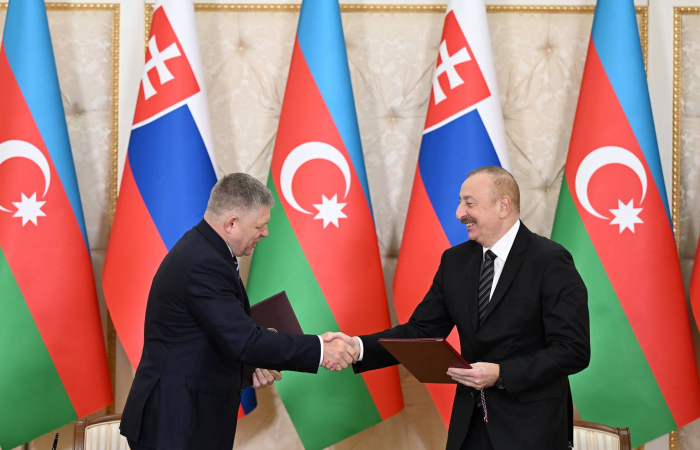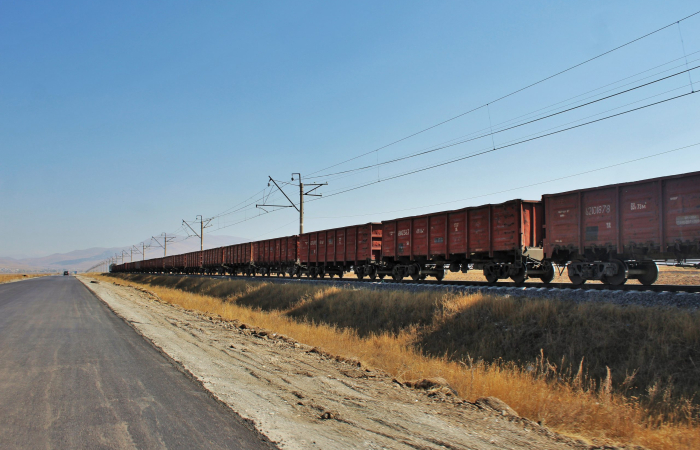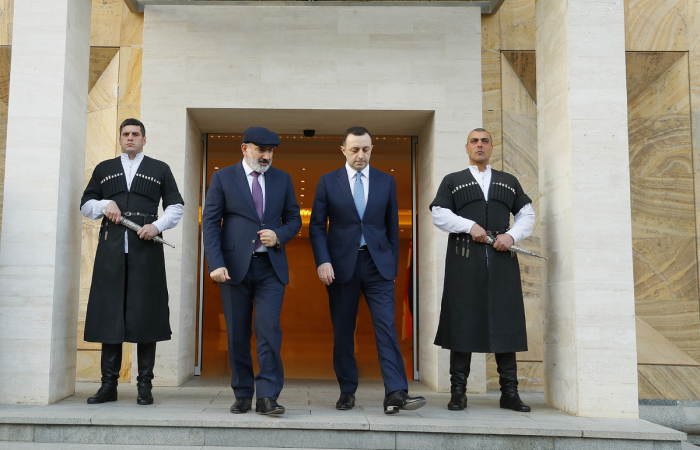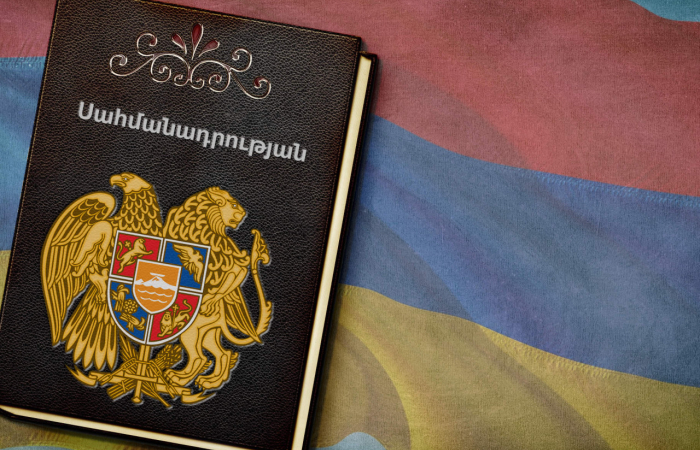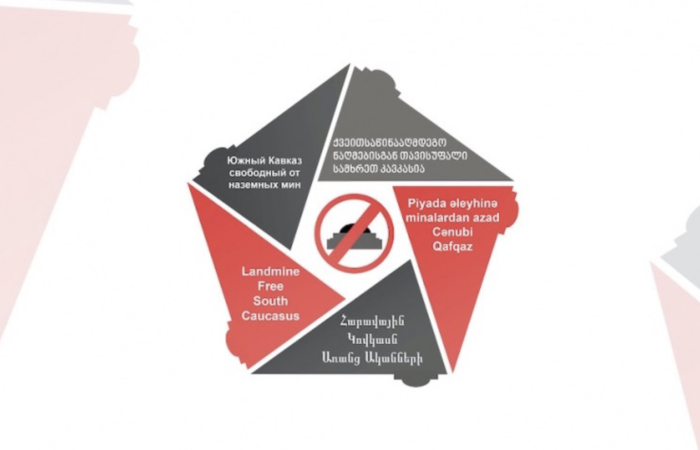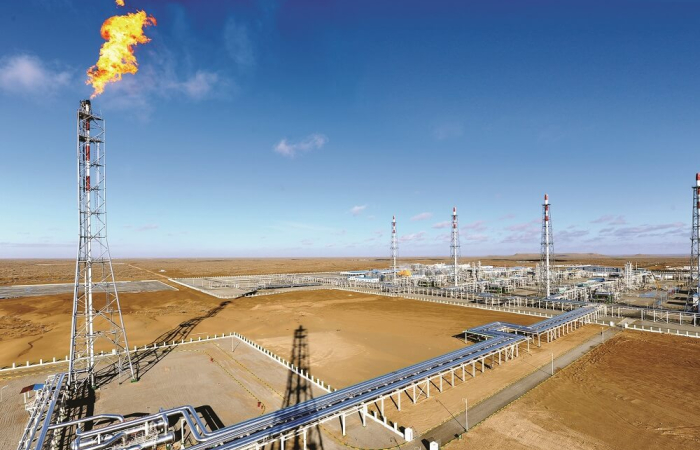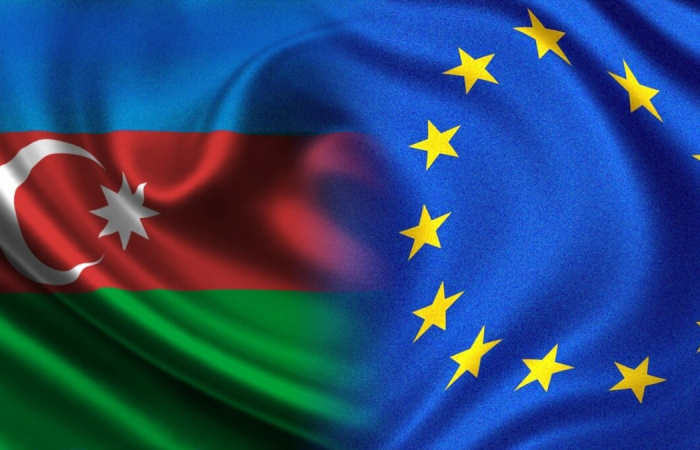Trending
Tens of thousands take to the streets of Tbilisi to protest against repressive law
12 May 2024
Tens of thousands of Georgians have taken to the streets of the capital Tbilisi on Saturday evening (11 May) to protest a controversial "foreign influence" bill backed by the government.
Protesters marched to the capital's Europe Square holding Georgian and EU flags, chanting “no to the Russian law”.
The law would target civil society organisations and independent media that receive foreign funding.
Massive rallies have gripped the Black Sea Caucasus country for nearly a month after the ruling Georgian Dream party reintroduced the bill.
Despite a campaign of intimidation ahead of Saturday's rally - in which dozens of NGO workers, activists and opposition politicians received threats or were physically assaulted - protesters turned up in their thousands undeterred by the pouring rain.
Opposition parties say the bill - coined "Russian law" after Russia's passing of similar legislation in 2012 - will be used by the government to clamp down on dissent.
The US has said the bill threatens free speech. On Friday, foreign ministers of Nordic and Baltic states issued a joint statement urging the government in Tbilisi to reconsider the bill
Last week, EU Commission President Ursula von der Leyen said the Georgian people want a "European future".
"Georgia is at a crossroads. It should stay the course on the road to Europe," she posted on X.
But the Georgian Dream government has defended the bill, saying it will "boost transparency" over NGOs' foreign funding. It aims to sign the measure into law by mid-May.
If adopted, the law would require that any independent NGO and media organisation receiving more than 20% of its funding from abroad to register as an "organisation pursuing the interests of a foreign power".
But the protesters fear it could be used to crush critical voices ahead of parliamentary elections later this year.
The bill cleared its second parliamentary stage by a margin of 83 votes to 23. After a third reading, it has to be signed by President Salome Zurabishvili, who has vowed to veto it - although Georgian Dream has sufficient numbers in parliament to overrule her.
In 2023, mass street protests forced Georgian Dream to drop plans for similar measures.




